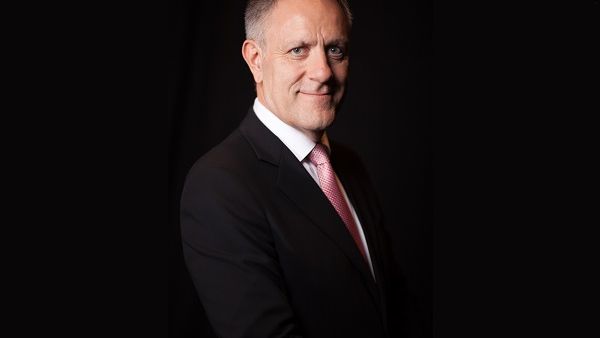Ericsson demonstrates Smart Grids for smart cities in Istanbul

Ericsson explored how connectivity and the transformation of the utilities industry is promoting the evolution of smart sustainable cities at the 4th International Istanbul Smart Grid and Cities Congress and Fair, held on April 20-21, 2016 at Halic Congress Center in Istanbul.
During the event, Ericsson demonstrated Smart Sustainable Cities, particularly the four areas of a smart city: a Competitive City, Safe City, Resilient City, and Efficient City determining how cities are permitted to meet the many challenges of urbanization and accomplish their potential.
In terms of the monitoring and metering of utilities, Ericsson presented a live demo for Power Quality Monitoring and Smart Metering in an IoT environment, and on a cloud based software solution. Moreover, in terms smart grid communications and smart metering, Ericsson also showcased use cases such as Renewable Load Control, Self-learning communication supervision and self-learning power quality monitoring using Analytics for Utilities.
Speaking about Ericsson’s participation, Rutger Reman, Head of Industry & Society Unit at Ericsson, Region Middle East and East Africa, said: “The number of smart meters installed globally will reach 780 million by 2020 – up from 100 million in 2011. Ericsson realizes the potential of the smart grid that can transform businesses and societies. Our objective during this event is to create opportunities for efficient grid and energy consumption management, so that seamless integration of micro-generated, renewable energy sources will be realized.”
The primary purpose of smart grids is to provide grid reliability by controlling over loads and failures, and also to include renewable energy resources into the system. Moreover, the functions of automatic meter reading system can be summarized as saving the identity data of the meters, for the consistent data for billing systems to significantly reduce energy losses.
In the Networked Society, everyone and everything will be connected in real time – and the utilities sector is already reaping the benefits of this transformation.
Ericsson predicts that by the year 2020, billions of devices will be connected to the energy smart grid, from street lamps, to home appliances and power pole transformers, to solar panels and wind turbines.
Background Information
Ericsson
Ericsson is one of the leading providers of Information and Communication Technology (ICT) to service providers, with about 40% of the world’s mobile traffic carried through our networks. We enable the full value of connectivity by creating game-changing technology and services that are easy to use, adopt and scale, making our customers successful in a fully connected world. For more than 140 years, our ideas, technology and people have changed the world: real turning points that have transformed lives, industries and society as a whole.






